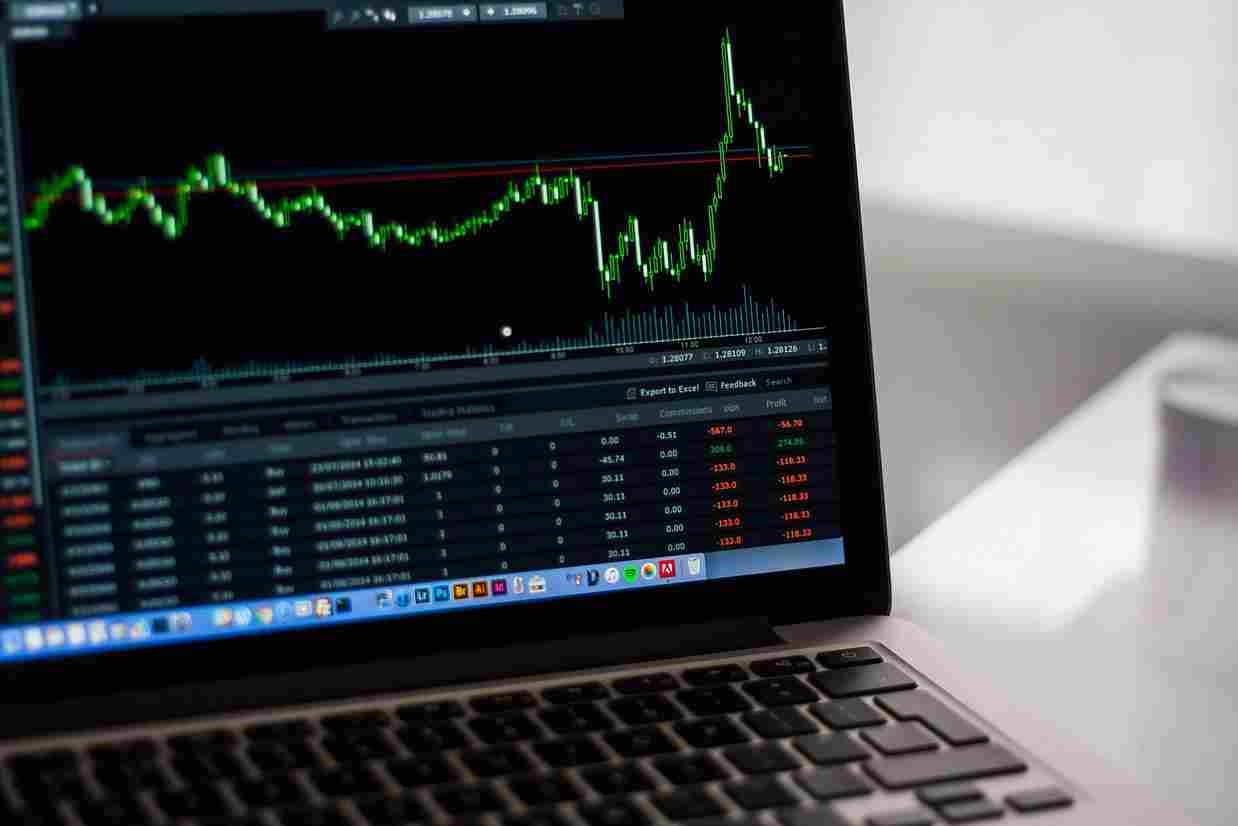
US stock futures rose Sunday night after Washington and Beijing hinted they want to cool their long-running tariff fight, giving investors fresh hope that the world’s two largest economies can find common ground.
Contracts tied to the S&P 500 climbed about 1.3 percent as of 6:20 p.m. in New York, while Nasdaq 100 futures were up 1.5 percent. The gains followed a weekend meeting in Switzerland, the first face-to-face encounter since President Donald Trump returned to the White House.
Chinese Vice Premier He Lifeng, who headed his delegation, called the session “an important first step” toward settling differences. No new policies were unveiled, yet he said the two sides agreed to open a permanent channel led by US Treasury Secretary Scott Bessent and himself.
Bessent told reporters that Washington will release more details on Monday, and He said a joint statement is in the works.
The stakes are high for American businesses that sell into China or rely on Chinese demand. Analysts at Bloomberg Intelligence, Gillian Wolff and Gina Martin Adams, estimate that the average S&P 500 company booked 6.1 percent of its 2024 revenue in the Chinese market.
Exposure is much larger for some well-known names: Apple Inc. drew 17 percent of its sales from China in the three months ended in March, and Tesla Inc. generated 22 percent of its revenue there, according to the firms’ latest earnings reports.
Successive rounds of retaliation have pushed US tariffs on Chinese imports to 145 percent, while Beijing’s levy on American goods stands at 125 percent. Before the weekend talks, Trump floated cutting the headline US tariff to 80 percent, down from the existing 145 percent, if progress could be achieved.
The S&P 500 slipped 0.5 percent last week, giving back part of a rebound that began after Trump’s April 2 call for “reciprocal tariffs” knocked the index to the edge of a bear market. Even with the modest weekly drop, milder rhetoric helped Wall Street regain ground.
Outside the stock market, many large companies say shifting trade rules are starting to squeeze their plans. United Parcel Service Inc., Ford Motor Co. and toy maker Mattel Inc. have all withdrawn earnings guidance in recent weeks, saying supply snags and unpredictable tariffs make forecasting too risky.
Optimism also lifted sentiment around Asian stocks
Japan’s Nikkei 225 futures were quoted at 37,830 on the Chicago Mercantile Exchange, compared with Friday’s cash close of 37,503.33. A weaker yen added to the upbeat mood for exporters as both the Japanese currency and the euro opened lower against the dollar after the Swiss meeting.
Washington and Beijing each spoke of “substantial progress,” yet investors still seek concrete steps. “It’s not yet clear what exactly is involved, so we’ll have to wait and see what comes out going forward,” said Masahiro Ichikawa, chief market strategist at Sumitomo Mitsui DS Asset Management. “The yen is weakening, and at the very least, there doesn’t seem to be a negative market reaction. As we wait for specific announcements, the general trend of recovery is likely to continue.”
The Nikkei 225 has gained about 5 percent since April 2, one of the best gains among major stock benchmarks. Japan was among the first nations to enter formal trade talks with Washington after the tariff shake-up, though a final deal has yet to be struck.
Meanwhile, earnings season offers another test for Tokyo investors. Heavyweights on the calendar this week include SoftBank Group Corp., Nissan Motor Co. and Sony Group Corp., and traders will analyze their comments for any shift in outlook linked to the global trade story.
Investors will also look to Monday, when Bessent is expected to spell out the US position and He has pledged to publish a joint statement—an early sign of whether the weekend goodwill can evolve into lasting action.
* The content presented above, whether from a third party or not, is considered as general advice only. This article should not be construed as containing investment advice, investment recommendations, an offer of or solicitation for any transactions in financial instruments.




